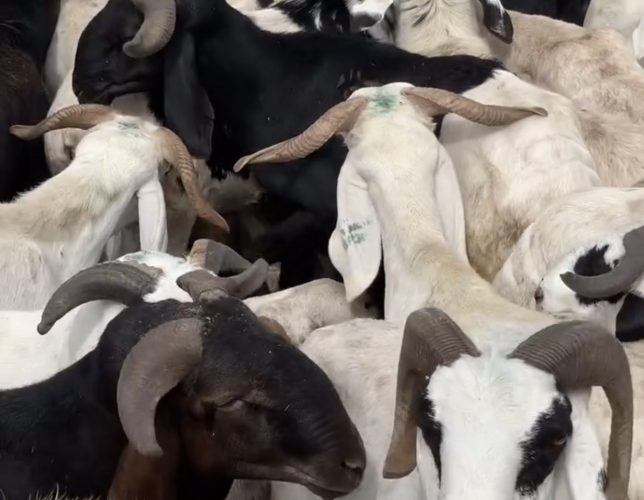Ileya celebration is one Nigerians and Muslims at large always looking forward to.
The Yorubas from Nigeria refer to this festival as “Ileya” in their local language.

Eid-el-Adha begins on the 10th day of Dhul-Hijjah, the last month of the Islamic calendar.
The festival lasts for three days and occurs at the conclusion of the annual Hajj, or pilgrimage to Mecca.
Muslims all over the world celebrate Eid al-Adha, not simply those undertaking the hajj, which for most Muslims is a once-in-a-lifetime occurrence.
The significance of the Eid-el-Adha festival is to commemorate Prophet Abraham’s willingness to obey God when he was asked to sacrifice his only son.
To honour this great act of sacrifice, Muslims observe this day by slaughtering an animal (usually a sheep) and then offering much of its meat in charity to poor people.
The sacrifice symbolizes obedience to Allah, and its distribution to others is an expression of generosity, one of the five pillars of Islam.
Over the years, rams, goats, and sheep have always been in high demand in markets during the Ileya season for households and Islam faithfuls for charity.
Ileya As Usual?
However, the Ileya celebration this year may not be business as usual as Nigeria’s economic woes are casting a shadow on the upcoming Eid al-Adha celebrations.
High inflation, weak currency, and rising living costs are making it tough for people to afford the animals traditionally sacrificed during this important Islamic holiday.
In addition, this economic strain affects not only purchasing power but also charitable activities associated with Eid al-Adha.
Sadly, this may lead to smaller gatherings and less festive atmospheres, dampening the usual communal spirit of Eid.
Also Read: 3 Major Markets Where Muslims Buy Ileya Rams
To counter these challenges, the government needs to address underlying economic issues, ensuring all citizens can participate in religious and cultural celebrations with dignity and reverence despite financial constraints.

